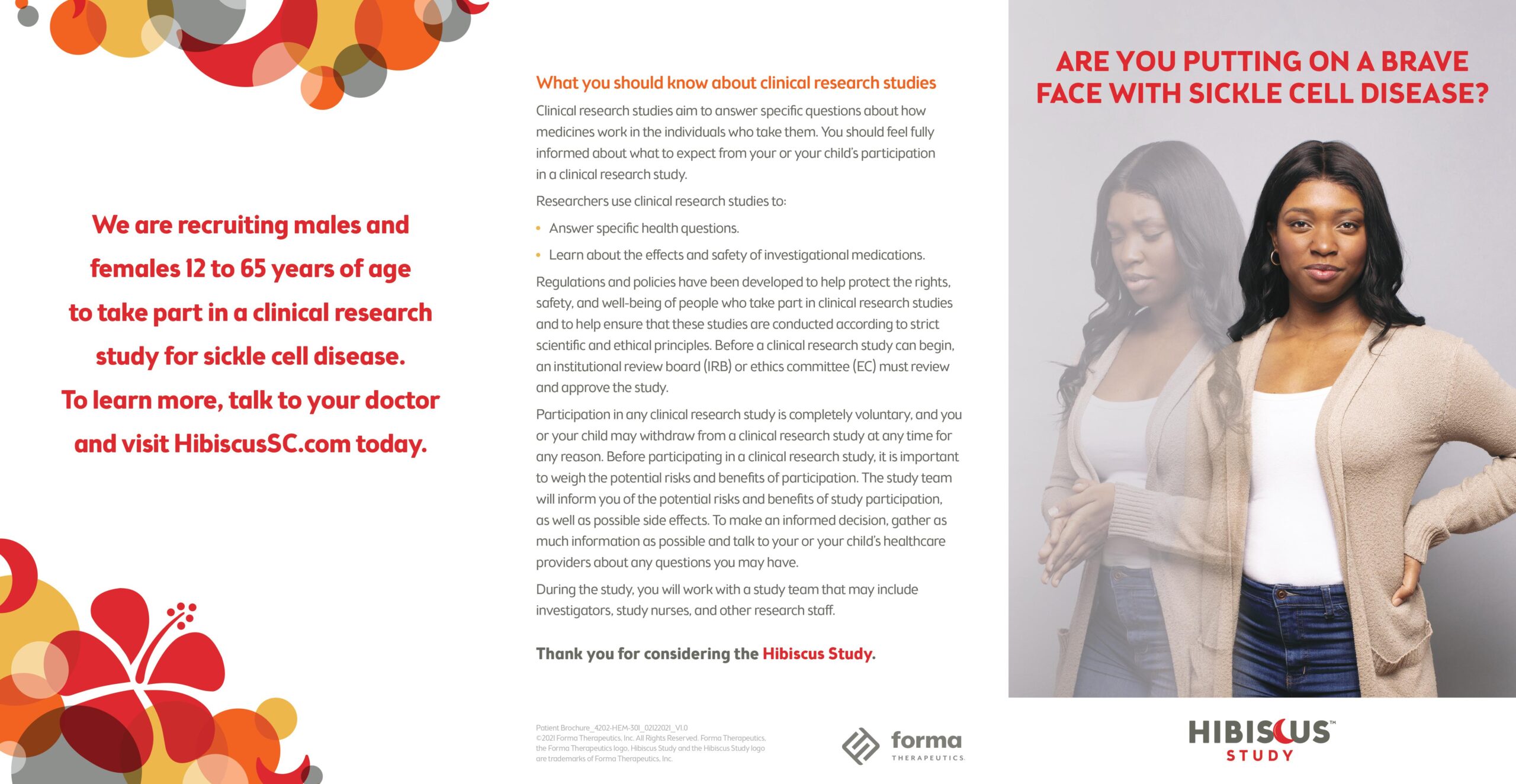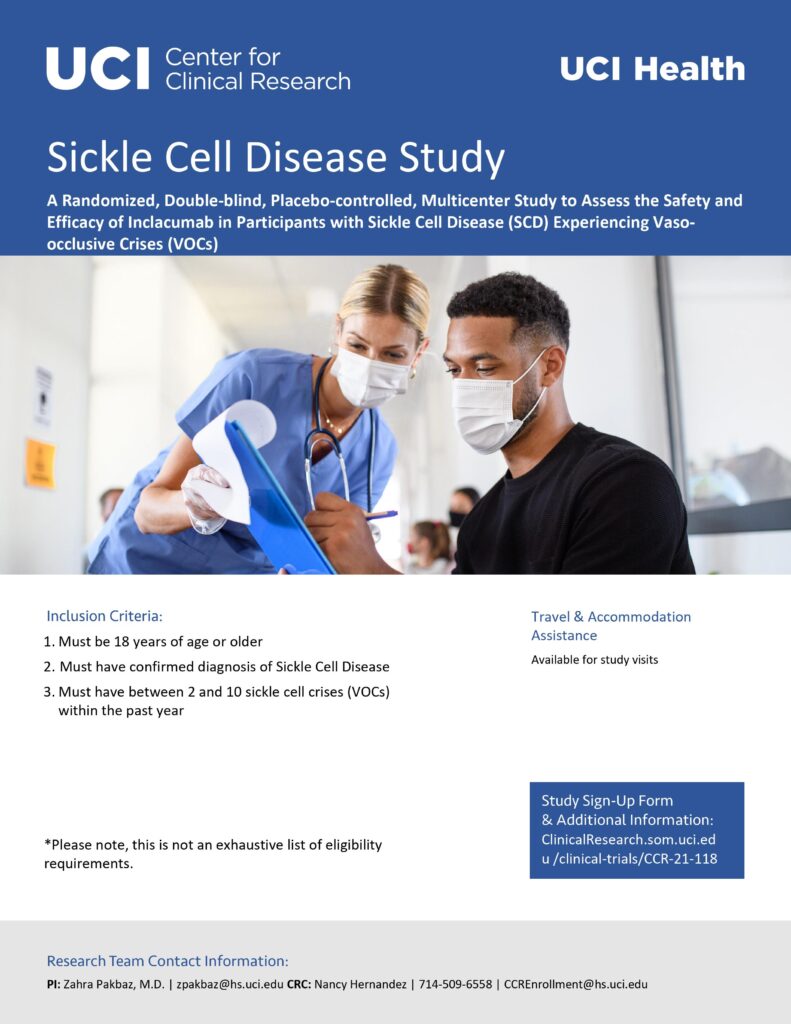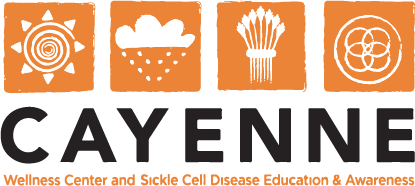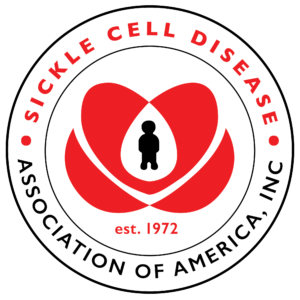Research studies that explore whether a medical strategy, treatment, or device is safe and effective for people. There are four phases of clinical trials: phase 1 tests safety in small groups of patients; phase 2 and 3 test safety and effectiveness in increasingly larger groups of patients; phase 4 continues to monitor safety and effectiveness after a medical treatment or device has been approved and marketed for use in the United States.
We, at Cayenne Wellness Center, are dedicated to encouraging the sickle cell community in becoming part of the solution and the eventual cure by participating in clinical trials.
Clinical Trials in California:
Clinical Trials in the U.S.:
Clinical Trials and Sickle Cell Disease
Pfizer – Undo Underrepresentation In Clinical Trials
Imara (IMR-687)
Imara is developing IMR-687, an oral, once-a-day, potentially disease-modifying treatment for sickle cell disease (SCD) and beta-thalassemia. IMR-687 is a highly selective, potent small-molecule inhibitor of PDE9.
IMR-687 for the treatment of sickle cell disease
Imara is currently conducting a Phase 2a randomized, double-blinded, placebo-controlled clinical trial of IMR-687 in adult patients with SCD. We have also initiated an open-label extension trial, which allows patients from the Phase 2a clinical trial to continue into a long-term, four-year trial to evaluate the safety and tolerability of IMR-687.
For more information or questions about trial participation, please visit clinicaltrials.gov or contact us at info@imaratx.com.
“Clinical trials have always been extremely important to the development of new agents and interventions for many years,” says Mary McCabe, acting director of communication and education at the National Cancer Institute (NCI). “Now, the opportunities are growing because we are in an era where we can take advantage of advances in molecular biology to develop new agents.”
Deciding whether to take part in a clinical trial is a very personal decision and one that should be thoroughly discussed with healthcare providers, family, and friends. But a clear understanding of what clinical trials are, how they work, and the potential risks and benefits of participation is a critical element in making an informed decision.
We are reaching out to the Sickle Cell patient community to raise awareness about an opportunity for patients 18 years of age or older with Sickle Cell Disease to help advance research from home.
You may qualify to participate if you:
- Are 18 years of age or over
- Live in the United States
- Have been diagnosed with Sickle Cell Disease
To learn more or sign up, click HERE or call (781) 734-7084 to speak with a research coordinator and see if you qualify.
For more information, please visit or email:
– CWC at info@cayennewellness.org.
Why Are Clinical Trials Needed?
Until the 20th century, there were relatively few medicines and treatment options available for cancer. So doctors relied on their own experience and education to care for their patients. But as more and more therapies and drugs were introduced, doctors needed a way to compare treatments and see what worked best for treating particular illnesses and disease.
Clinical trials emerged in the mid-20th century as studies designed to test and often compare treatments in a particular group of people. This allowed doctors to base their decisions on what therapies worked in a large number of people rather than just a few of their own patients.
Now, new medicines or therapies must first undergo rigorous testing for safety and effectiveness in clinical trials before they are approved for use by the FDA. These trials allow researchers to determine the proper dosing of new drugs and compare how well they work with what’s already available.
Only a small fraction of the drugs developed in laboratories ever make it to the clinical trial stage. Before a clinical trial begins, the drug must be evaluated in pre-clinical laboratory studies and/or in animal studies.
Clinical trials are conducted in stages called phases. A phase I trial generally involves a small number of patients (usually less than 50) and its primary goal is to determine if the treatment is safe for use in humans. Doctors closely monitor the participants to determine what is the maximum safe dose of the treatment that can be given without serious side effects.
Phase I trials are generally the most risky, and for this reason they enroll patients who have few remaining treatment options or haven’t responded to currently available options.
A phase II clinical trial is larger and is used to determine if the treatment is effective. Depending on the prevalence of the type of cancer the treatment is designed for, up to 100 patients may be enrolled in a phase II clinical trial.
In a phase II trial, researchers are looking to see if the experimental treatment has a beneficial effect in a significant number of the participants. If an acceptable percentage of the patients respond well to the drug, it will go to a phase III trial.
A placebo — an inactive ingredient or pill — may be used in a phase III trial to determine if adding another agent to the current treatment produces a better result than the standard treatment alone. But even the placebo group always receives at least the current standard of care. Only very rarely are there cases in which there is a “no treatment” placebo group in cancer clinical trials.
Excerpt from Clinical Trials: Cutting-Edge Care
Participating in a clinical trial can yield big benefits for cancer patients, but it’s important to know the risks first.
By Jennifer Warner on WebMD 2002
HIBISCUS STUDY by Forma Therapeutics
Currently enrolling people 12 to 65 years of age who have a confirmed diagnosis of sickle cell disease (SCD). If you are interested in taking part in this study, complete the questionnaire or call 833-6-SICKLE to see if you may be eligible.
For more information, please visit:
You can also contact Shirley Miller at smiller@formatherapeutics.com.

A study to assess the safety and efficacy of inclacumab in participants with sickle cell disease exp by UCI Center for Clinical Research
Eligible participants will be administered inclacumab or placebo intravenous (IV) every 12 weeks. The total duration of treatment for each participant will be 48 weeks. Participants that complete the study through week 48 will be provided the opportunity to enroll in an open-label extension (OLE) study
Apply HERE!
For more information, email Dr. Zahra Pakbaz at zpakbaz@hs.uci.edu.




